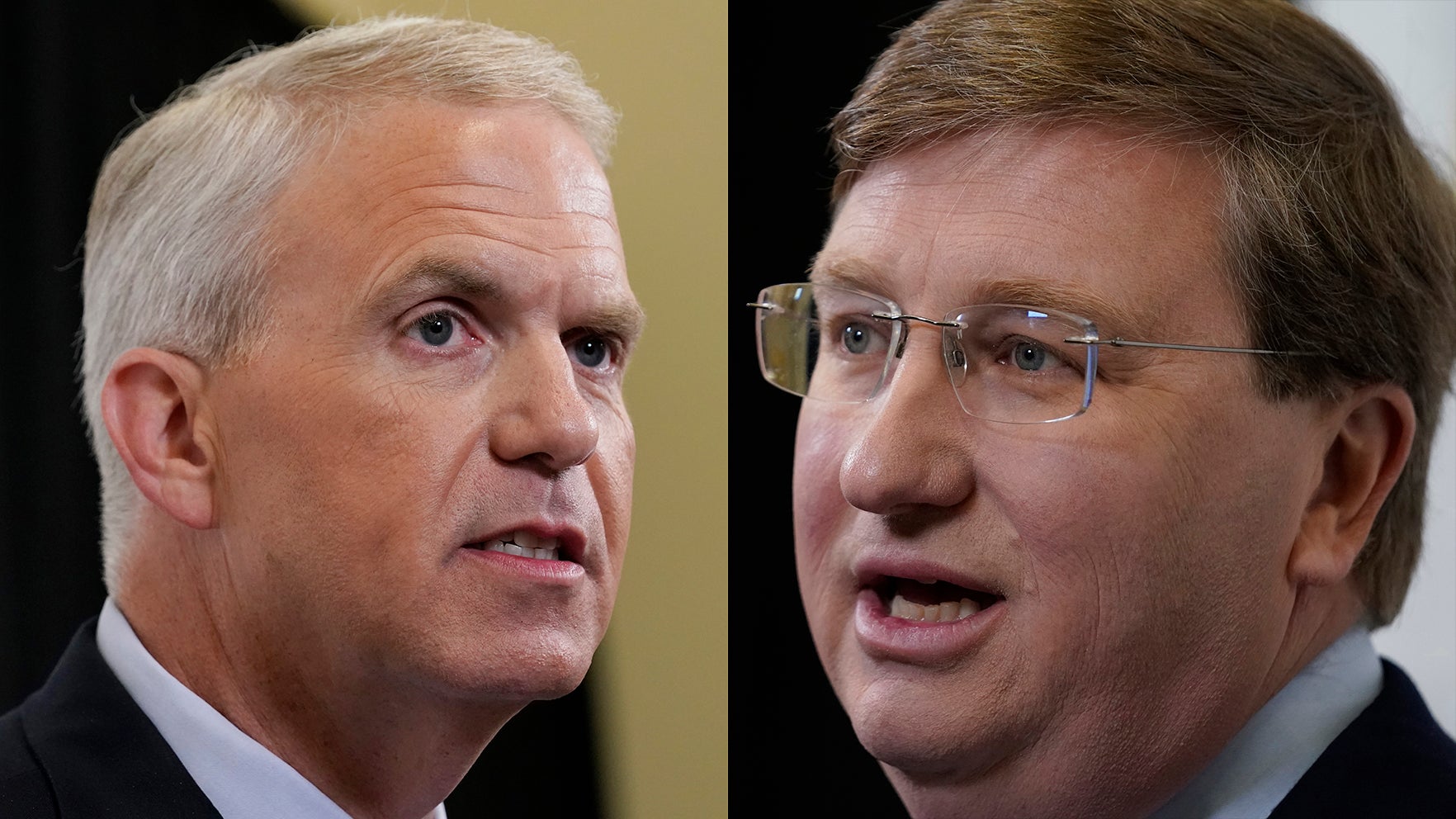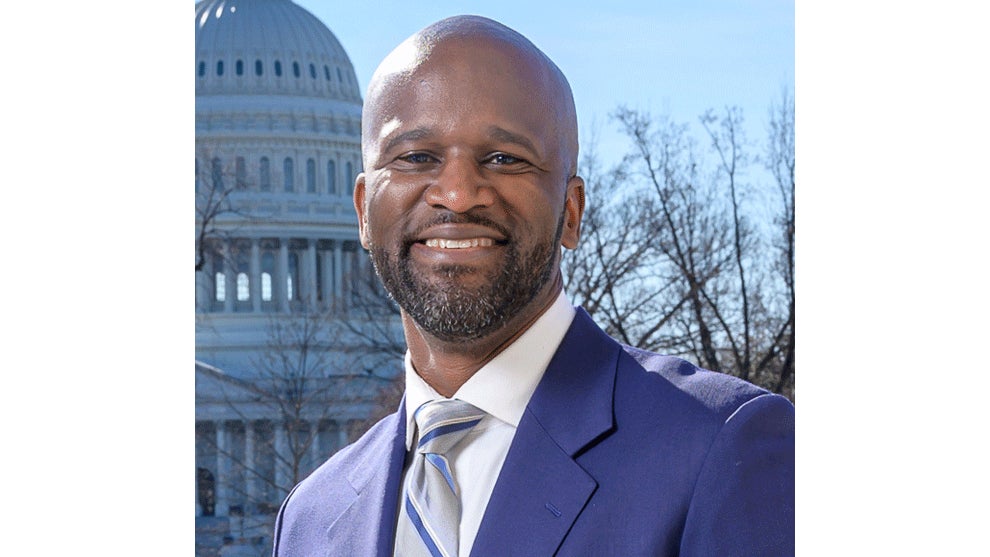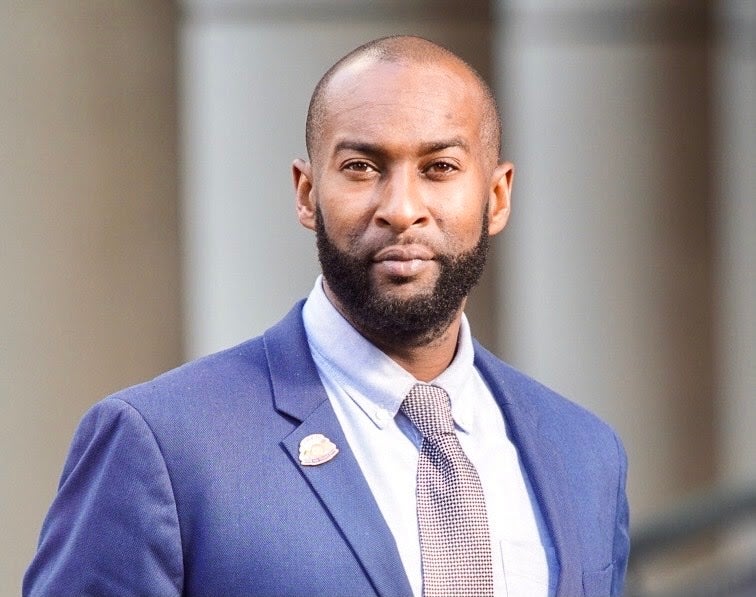Lawsuit: Mississippi has racist way of choosing governors
Published 10:38 am Thursday, May 30, 2019
JACKSON, Miss. (AP) — A new lawsuit by three African American residents of Mississippi seeks to block what it calls the state’s racist method of electing the governor and other statewide officials.
The federal lawsuit being filed Thursday takes aim at Mississippi’s unique requirement that candidates for statewide office must win both a majority of the popular vote and at least 62 of the 122 state House of Representatives districts.
If no candidate fulfills both requirements, a statewide election is decided by the Mississippi House, and representatives are not obligated to vote as their districts did. Such cases are rare: It happened in 1999, when the House chose between two white candidates who received the most votes in a four-person race for governor.
The system was put into the Mississippi Constitution in 1890, as white politicians sought to suppress black voting power that emerged during Reconstruction. The federal lawsuit says the system “intentionally and effectively dilutes African American voting strength.”
“This racist electoral scheme achieved, and continues to achieve, the framers’ goals by tying the statewide election process to the power structure of the House,” the lawsuit says. “So long as white Mississippians controlled the House, they would also control the elections of statewide officials.”
The lawsuit asks a judge to prohibit Mississippi from using its current requirements in the 2019 elections. It does not suggest an alternative way of determining winners, but former U.S. Attorney General Eric Holder said a judge could order Mississippi to do what most states already do — “count all the votes and the person who gets the greatest number of votes wins.”
Holder is chairman of the National Democratic Redistricting Committee, whose affiliated foundation is providing financial and legal backing for the lawsuit. The committee gave The Associated Press a copy of the lawsuit before it was filed.
“The election system in Mississippi has really kind of perpetuated a history of racial discrimination that finally has to come to an end,” Holder told AP.
The lawsuit notes that black voters are highly concentrated in some Mississippi House districts, holding a majority of the voting-age population in 42 of the 122 districts. It also notes that Mississippi’s white residents overwhelmingly vote for Republicans while its black residents overwhelmingly vote for Democrats. About 38% of the state is black, according to the U.S. Census.
Because of the racially polarized and concentrated voting, a candidate preferred by white voters could win a majority of the House districts without winning the statewide vote. Yet the lawsuit says a candidate preferred by black voters would need to win at least 55 percent of the statewide vote to win a majority of state House districts and satisfy the state’s constitutional requirements.
Holder said that violates the equal protection requirement of U.S. Constitution by granting greater weight to some votes over others. He said Mississippi’s requirements make it tougher for black candidates to win statewide office and can have “an inhibiting influence on African Americans who might consider running for statewide office.”
“This is not a theoretical thing,” Holder said. “We have seen no statewide African American elected to office since this was enacted, in spite of the fact that Mississippi has the highest percentage of African Americans of any state in the country.”
African American candidates have faced other hurdles in Mississippi politics. Few black residents were registered to vote in the state from after Reconstruction until the mid-1960s because of poll taxes and violence. Black candidates have also had difficulty raising money for statewide elections. Some African American candidates are running for governor and other offices this year but have collected less money than many of the white candidates.
The lawsuit says only four states — Arizona, Georgia, Mississippi and Vermont — require a candidate to win a majority of the popular vote to become governor. Arizona and Georgia have runoffs, if needed. In Vermont, the state House and Senate decide the winner if nobody receives a majority of the popular vote.
Mississippi Republican House Speaker Philip Gunn, who’s named as a defendant in the lawsuit, declined to comment. The longtime chairman of the House Elections Committee, Republican Rep. Bill Denny of Jackson, said that during his 32 years in office, there has been no serious effort to change Mississippi’s method of electing statewide officials.
“I’m comfortable with it,” Denny said of the current system.
In Mississippi, four candidates ran in the 1999 governor’s election, and the race had to be decided by the state House in January 2000. Democrat Ronnie Mugrove received 49.5 percent of the popular vote and Republican Mike Parker received 48.6 percent, with two little-known candidates splitting the rest. Musgrove and Parker, who are both white, each won 61 House districts. The House was then controlled by Democrats, and representatives voted 86-36 to elect Musgrove governor, with some lawmakers saying they supported him because he led Parker by about 8,300 votes statewide.





